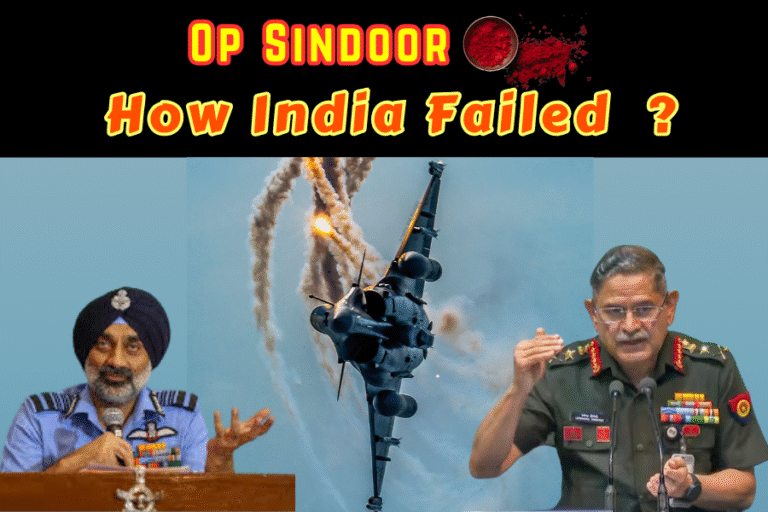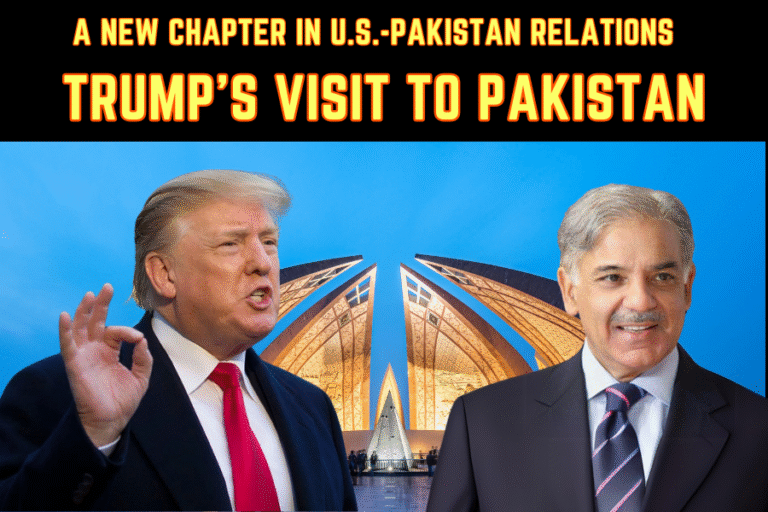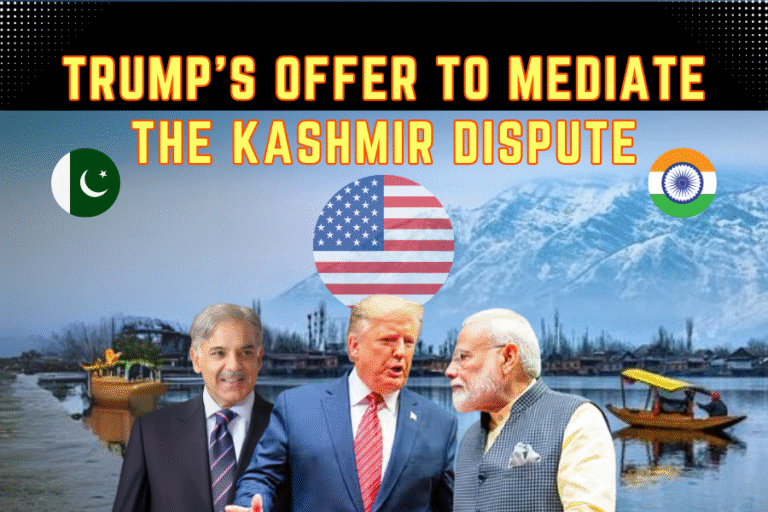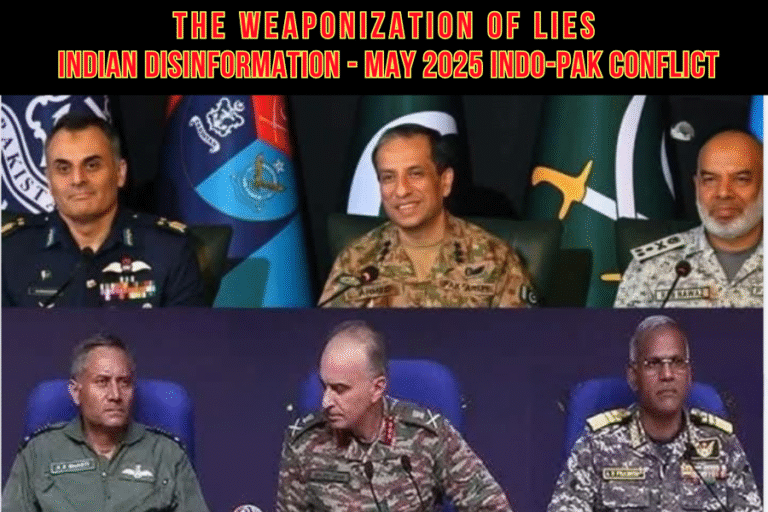(By Khalid Masood)
Introduction: The Grand Illusion of Indian Supremacy
In May 2025, India launched “Operation Sindoor” with pomp, provocation, and misplaced pride. On the surface, it was a response to a terrorist incident in Pahalgam. But in truth, it was driven by a deeper impulse: India’s inflated self-image as a global power and regional hegemon. This operation, carried out against a sovereign nuclear-armed nation, was a clear act of aggression rooted not in confidence, but in a dangerous delusion of grandeur. The result? A strategic misadventure that not only exposed India’s vulnerabilities but also humbled its military machine in full global view.
India’s Misguided Self-Perception
India today views itself as an emerging superpower. With a $3.4 trillion economy, a large tech workforce, and increasing partnerships with Western powers, India has projected an image of global influence. Headlines celebrating Indian-origin CEOs, political figures abroad, and its role in QUAD and G20 forums have fed this false narrative of global indispensability.
But beneath this glossy surface lies a stark reality: India remains one of the poorest nations on Earth, with over 20% of its population below the poverty line, a crumbling healthcare system, and internal divisions simmering across caste, class, and religious lines.
And yet, it was this very disconnection from reality—a cocktail of arrogance, media-fueled nationalism, and political brinkmanship—that led Indian policymakers to believe they could strike deep into Pakistan and walk away unscathed.
Operation Sindoor: The Strategic Miscalculation
India expected a swift, clinical victory. It believed its BrahMos missiles, its satellite surveillance, and its diplomatic alliances would deliver a decisive blow. The operation, however, ran into the harsh wall of Pakistani defense preparedness.
Pakistan’s response was swift, calculated, and disciplined. Its electronic warfare systems jammed a significant portion of the incoming strikes. Its air force repositioned swiftly and avoided losses, while retaliatory threats forced India to seek third-party mediation through the UAE and the US.
Rather than achieving strategic supremacy, India exposed itself to a humiliating outcome: civilian casualties in Pakistan, diplomatic backlash from neutral states, a rattled stock market, and questions at home about the hastily arranged ceasefire.
The Myth of Global Backing
Indian media boldly claimed the world was behind New Delhi. But where was this support when Pakistan presented evidence of sovereignty violations? Where was the global condemnation of Pakistan, if India’s cause was just?
The reality is this: the world does not want war in South Asia. India’s unilateral action did not earn applause; it raised concerns. The UN, Gulf nations, and even some Western partners pressed for de-escalation, not endorsement.
India may imagine itself the next China, but its behavior in May 2025 proved that it lacks both the maturity and the strategic foresight to handle great-power responsibilities.
The Strategic Lessons India Must Learn
India’s internal propaganda machine may paint Operation Sindoor as a success, but the strategic community knows better. The key lessons are:
- Never underestimate a sovereign, nuclear-armed adversary.
- Do not let hubris override strategic logic.
- Military bravado without diplomatic cover leads to isolation, not respect.
- A country is not a superpower because it believes it is; it becomes one by behaving like one.
India’s misadventure in May 2025 has revealed the gap between its global ambition and regional reality.
Conclusion: A Message to Delhi
Operation Sindoor was not a show of strength—it was a display of insecurity, a gamble based on faulty assumptions and domestic political compulsions. Pakistan did not submit. It stood tall, responded with calm force, and protected its sovereignty.
If India truly wants to rise, it must abandon the delusions of regional dominance, engage as an equal partner in peace, and respect the sovereignty of its neighbors.
Until then, every act of aggression will only reinforce the truth that India is not yet the power it pretends to be—and Pakistan is not the pushover it wishes it were.








2 Comments